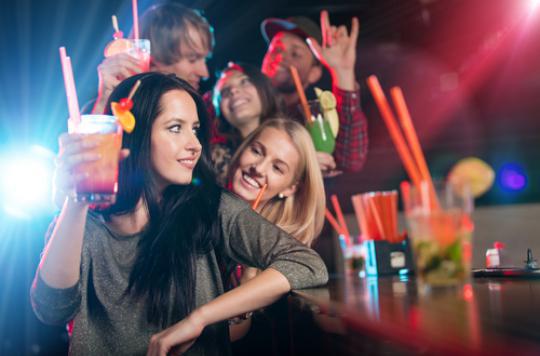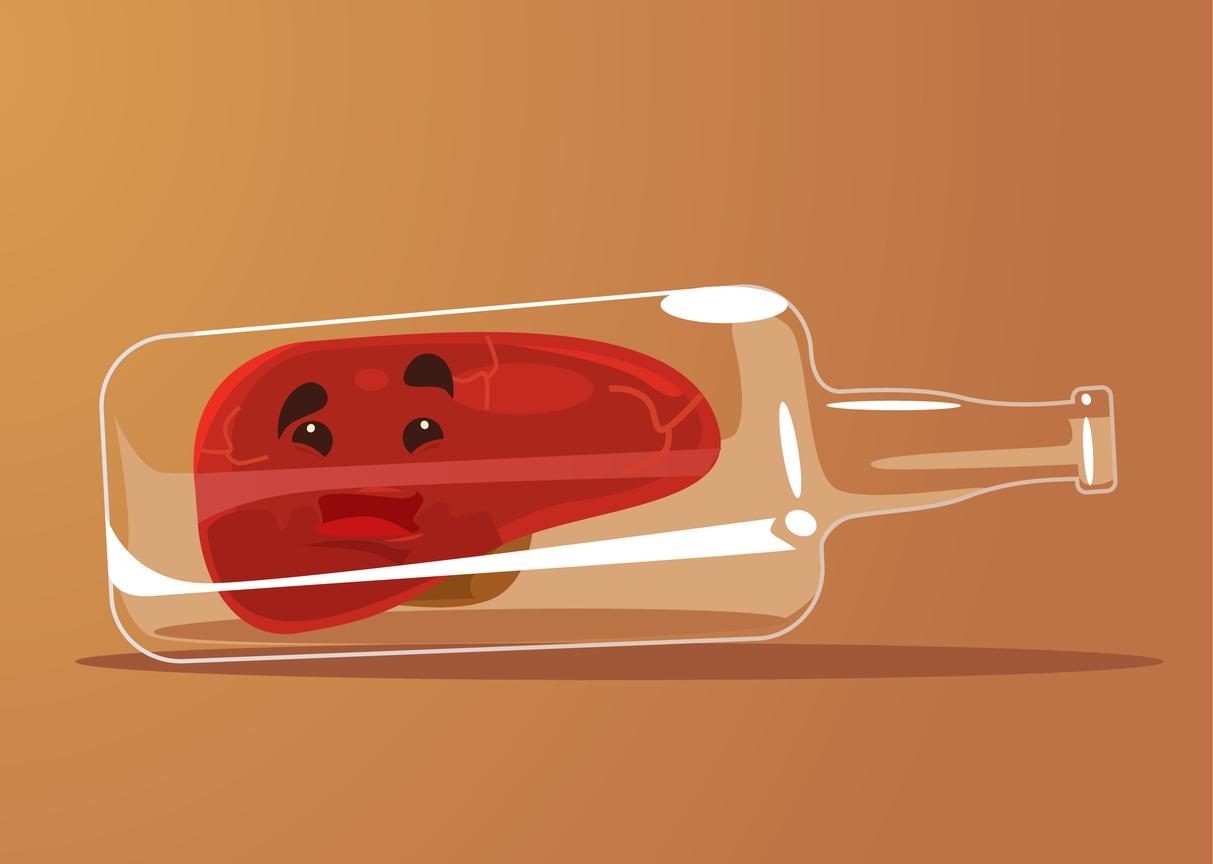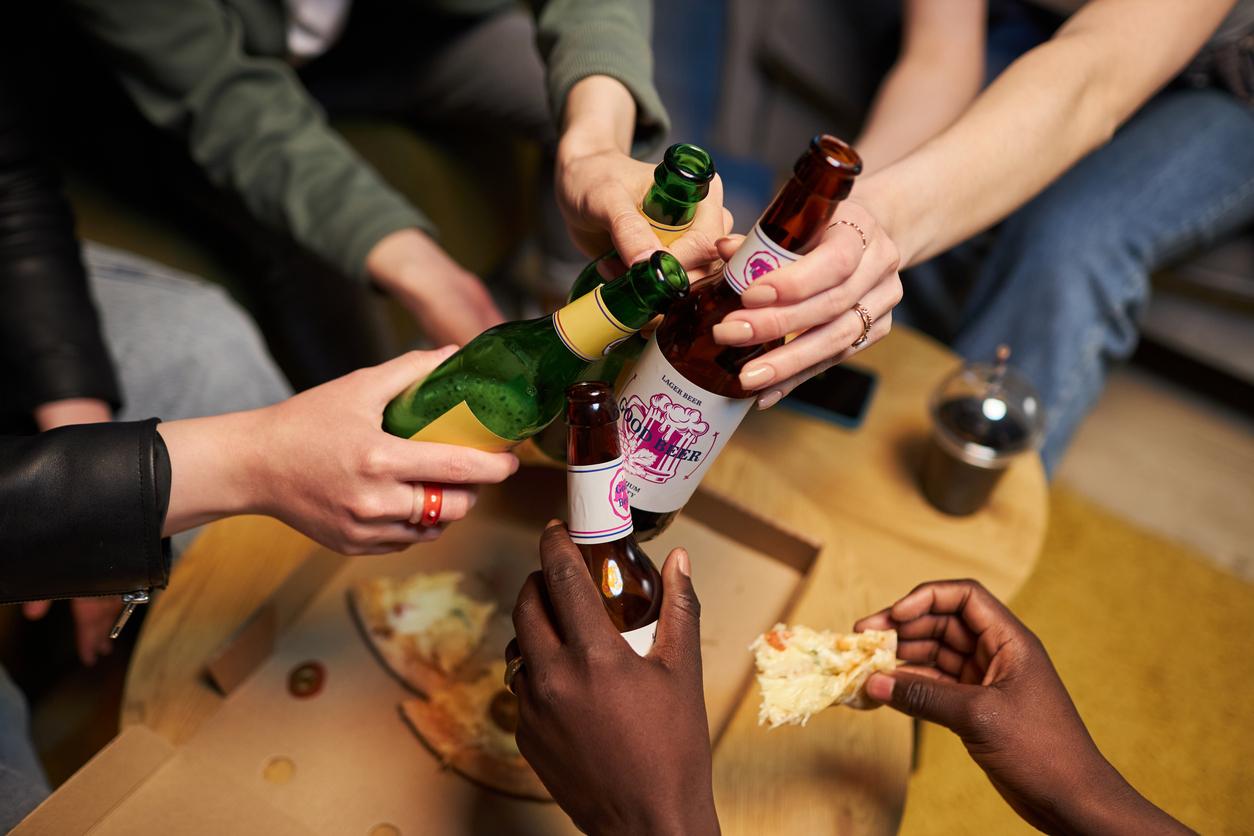Consumers tend to underestimate their intoxication when surrounded by other drinkers in an alcoholic environment.

Are you drunk? To this question, your answer may differ significantly depending on the context – and this, for the same amount of alcohol consumed. The perception of drunkenness is strongly linked to the social circumstances in which this drunkenness takes place, according to a study published in the BMC Public Health.
To arrive at this observation, the authors approached 1,862 people aged 27 on average, encountered in the bars of the city. They assessed the blood alcohol levels in their breath, and asked them about their feeling of drunkenness as well as their awareness of the risks associated with biture.
The art of comparing oneself
Several questions were asked of young consumers. “How drunk are you right now?” »,« Did you drink a lot this evening? “, Or” If you drink as much as you did tonight every week, do you think it could be harmful to your health? “.
However, according to the researchers’ observations, the subjects questioned tended to underestimate their consumption and their state of intoxication, because to self-assess, they compared themselves to other people in the bar. However, if one searches well, one always finds more drunk than oneself.
According to the authors, an alcoholic person in a drunken environment tends to have an erroneous perception of their state of intoxication, their level of consumption and the associated risks. The more drunk people in the room, the more skewed the self-report, according to researchers who suggest that there are inherently noxious environments.
“One could try to find a way to reduce excessive alcohol consumption by using strategies based on these findings – by trying, for example, to decrease the number of drunk people in places where alcohol is consumed”, write authors. An original idea… but easier to propose than to execute!
.
















